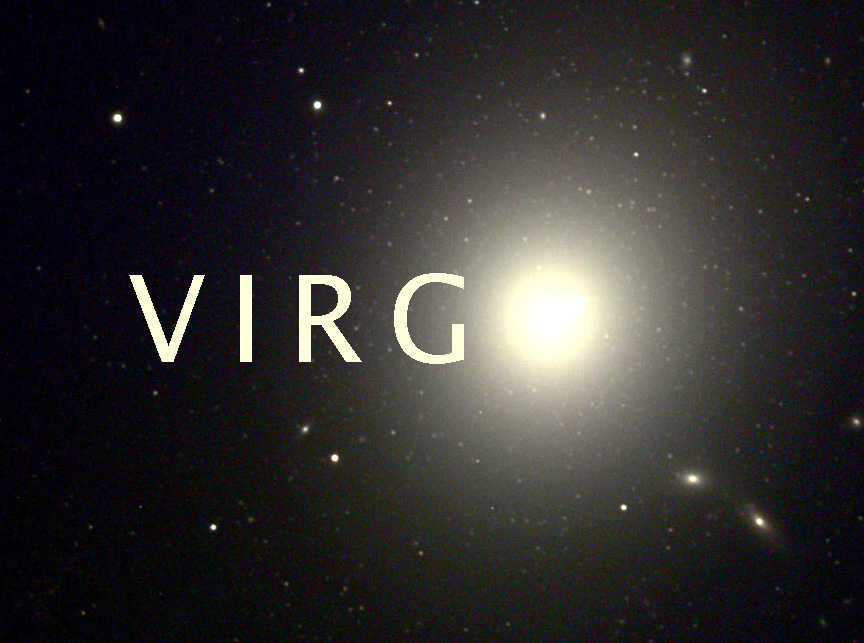Virgo-Consortium

The Virgo Consortium for cosmological supercomputer simulations was founded in 1994 and has developed rapidly into the international collaboration that it is today. The Virgo Consortium has a core membership of about a dozen scientists in the UK, Germany, Netherlands, and Canada. The largest nodes are the Institute for Computational Cosmology in Durham, UK and the Max Planck Institute for Astrophysics in Garching, Germany. The TAP group at the HITS is one of the nodes as well. Other nodes exist in Cambridge, Edinburgh, Nottingham and Sussex in the UK, and Leiden in the Netherlands. The science goals of Virgo are to carry out state-of-the-art cosmological simulations. The research areas include the large-scale distribution of dark matter, the formation of dark matter haloes, the formation and evolution of galaxies and clusters, the physics of the intergalactic medium and the properties of the intracluster gas.
Among the most well known projects of the Virgo Consortium are the Hubble Volume Simulation, the Millennium Simulation, the Millennium-II and Millennium-XXL Simulations, the Aquarius Project, the Aquila Code Comparison Project, and the Eagle Simulations.
About HITS
HITS, the Heidelberg Institute for Theoretical Studies, was established in 2010 by physicist and SAP co-founder Klaus Tschira (1940-2015) and the Klaus Tschira Foundation as a private, non-profit research institute. HITS conducts basic research in the natural, mathematical, and computer sciences. Major research directions include complex simulations across scales, making sense of data, and enabling science via computational research. Application areas range from molecular biology to astrophysics. An essential characteristic of the Institute is interdisciplinarity, implemented in numerous cross-group and cross-disciplinary projects. The base funding of HITS is provided by the Klaus Tschira Foundation.